American Jews still traveling to Ukraine for Rosh Hashanah
Vladimir Putin may have doubled down with his latest round of nuclear threats in the war against Ukraine, but that won’t dissuade devoted Jewish Americans from venturing to Uman for Rosh Hashanah, which begins Sunday at sundown.
“People said, ‘You’re really going?’” Avi Esses, a Long Island father of four, told The Post before flying from New York. “[Putin] is capable of anything, but it doesn’t make me flinch.”
Every year, just before the Jewish New Year of Rosh Hashanah, tens of thousands of Jewish men from around the globe come to pray at the central Ukraine gravesite of early 19th-century rabbi Rabbi Nachman of Breslov.
“I’m not looking for trouble — I’m just going to pray and get my spiritual charge that I need for the year and come home,” said Esses, 49, who has traveled to Uman for 14 years straight.
The annual pilgrimage to the Hasidic gravesite in Uman, a thriving bastion of Jewish life from the 18th century until WWII, is considered a propitious and spiritually beneficial act that sets the tone for the entire year. While past celebrations have seen as many as 50,000 worshipers, this year officials are preparing for 25,000.
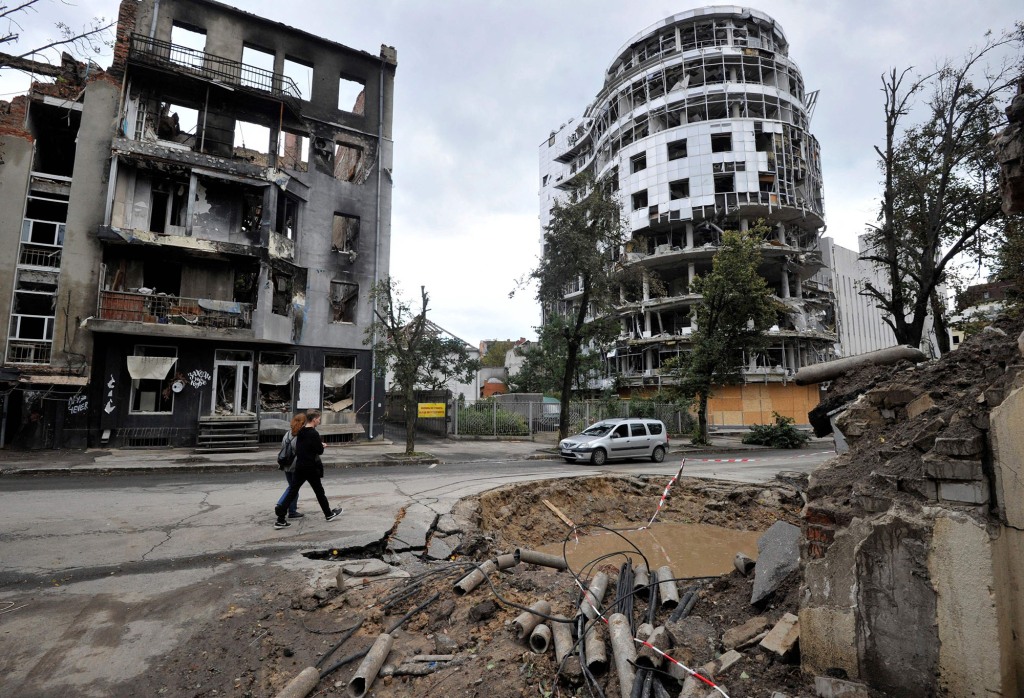
But it’s harder than ever to get there in in the wake of the Russian military invasion.
Yoel Glick, an artist from Orange County, NY, who’s attending with his two teenage sons, used to fly directly to Kyiv and drive 100 miles or so to Uman. Now, the family will fly from JFK Airport to Krakow, Poland, then take a taxi to the Ukraine border and cross by foot, before finally — hopefully — finding a cab to Uman.
“It’s not easy to go there. It’s a lot of money,” said Glick, 38, who estimates shelling out about $5,000 for the three of them, including food and lodging. He’s been going for about 10 years.
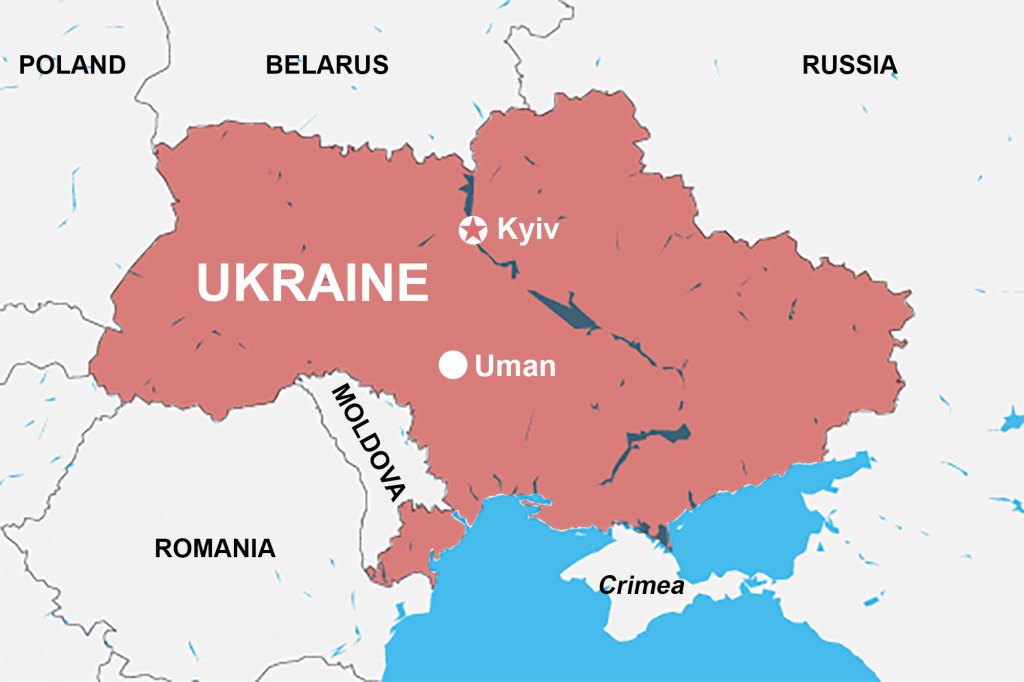
“My wife is a little afraid, but she knows our family is on a higher spiritual level the whole year. She wants this lifestyle. It’s hard for her but she wants it,” he added. “We live in that spirit for the whole year.”
The new rules for the embattled country, which is under martial law, include a 11 p.m. to 5 a.m. curfew that will put a crimp in worshipers’ style.
“One of the most important prayers takes place at 2 or 3 at night,” said Glick of the hours-long prayers recite in the hours before the holiday begins. “We ask for mercy. People say it with their whole heart.”
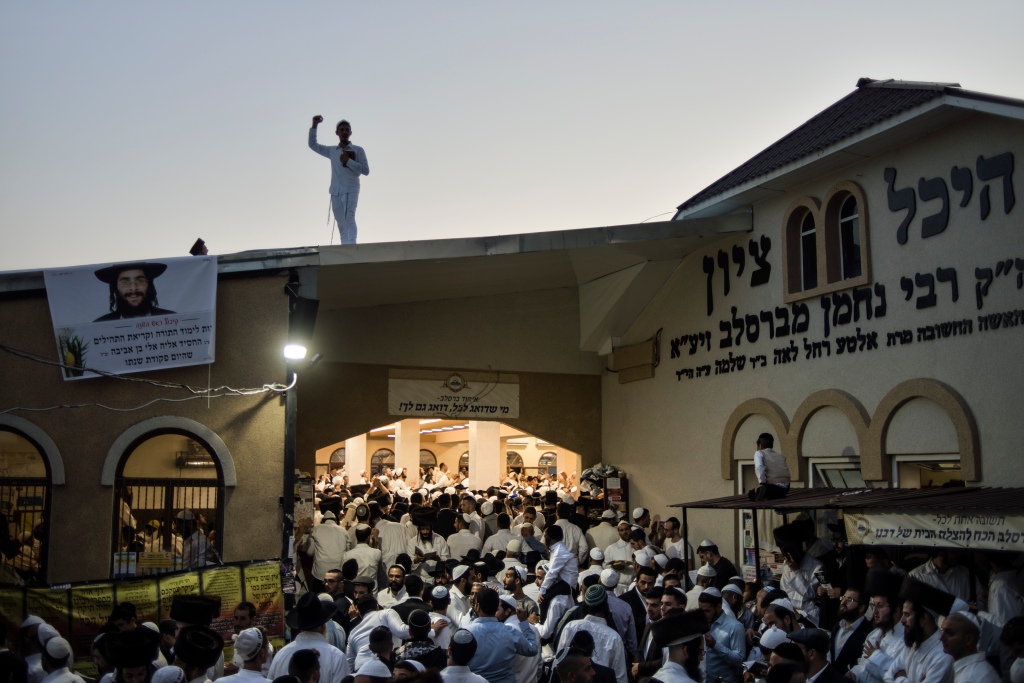
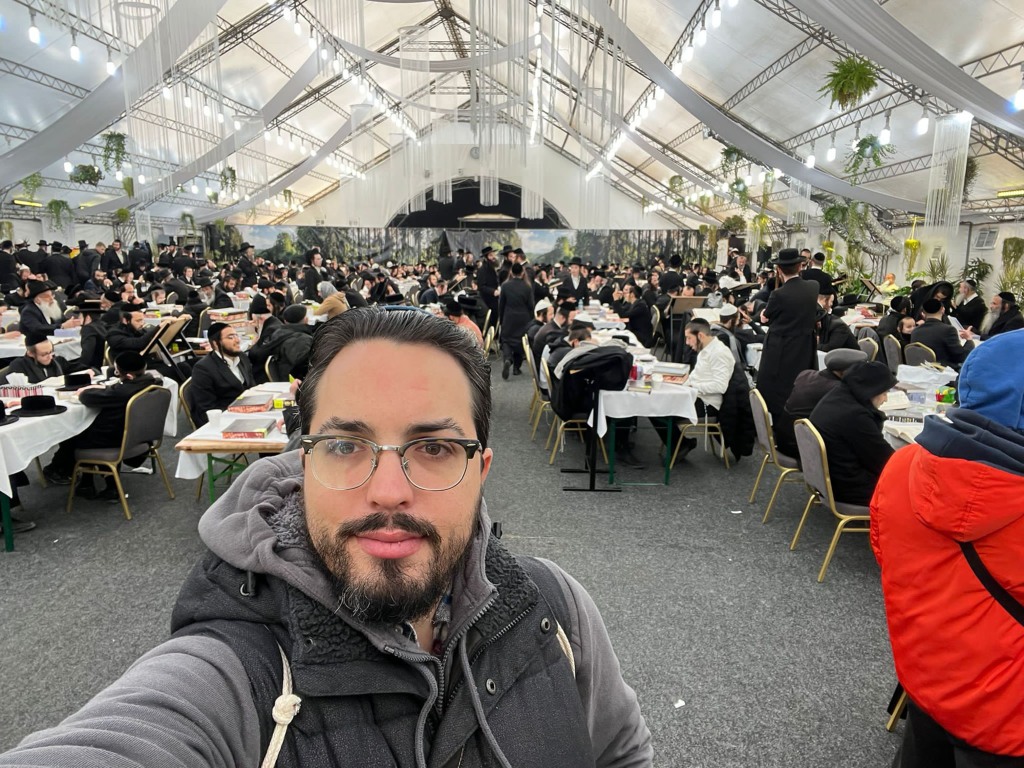
To be sensitive, he said he’s been studying Ukrainian phrases — and will assiduously avoid speaking in Russian, which he’s done in the past to get around. “No one’s looking for problems, or to add to the pain.”
New York native Samey Perl is already in Uman and told The Post, “It doesn’t feel like a war zone. Everything is nice and safe here.
Miracles occur in Uman, said Perl, noting that last year he prayed to find his wife. “I just got engaged a few weeks ago,” he said. “She’s worried for me, but she understands the importance of it.”
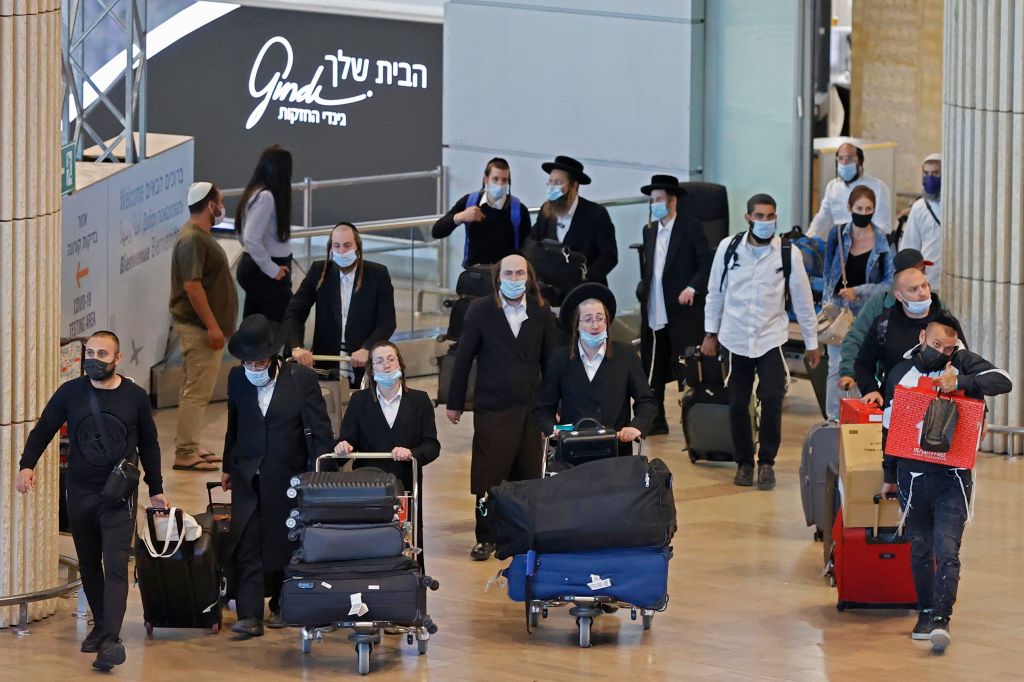
A US State Department travel advisory recommends people “draft a will” and “establish your own personal security plan” before traveling to Ukraine, amidst the country’s conflict with Russia.
Earlier this month, Israel’s Foreign Ministry issued a warning to citizens not to travel to Ukraine. It was a sentiment echoed by the Ukrainian embassy in Israel in a Facebook post, imploring, “Please, avoid coming to Uman on Rosh Hashanah and pray that peace will return to Ukraine and the blessed pilgrimage will be renewed,” according to the Times of Israel.
Uman was reportedly evacuated in February following a series of explosions.
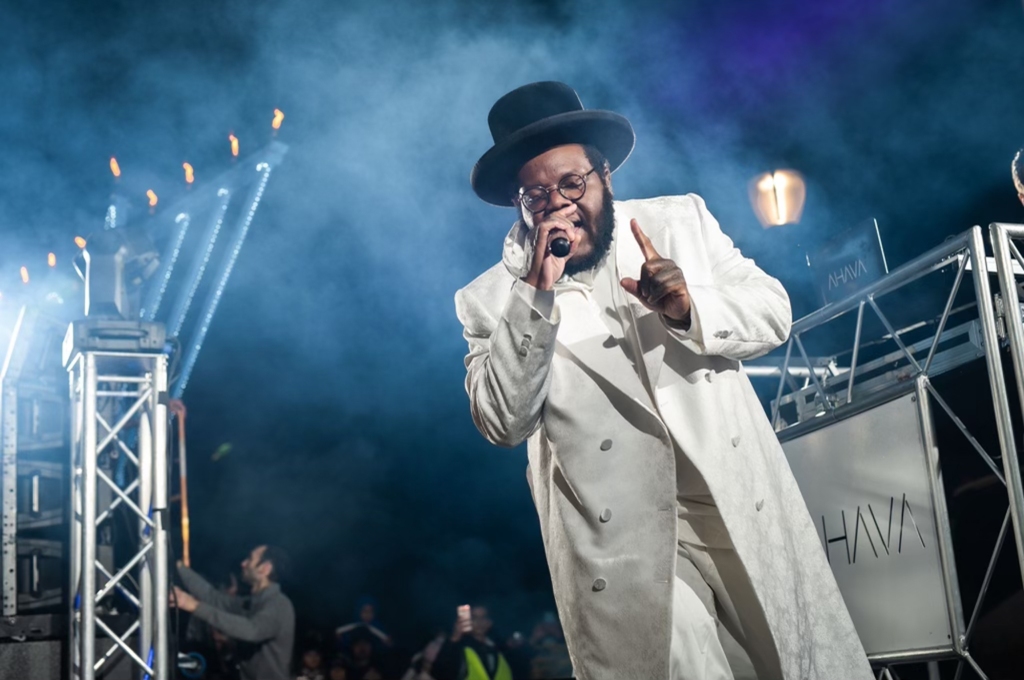
Devorah Salvay, a clinical therapist in the Catskills region, said her husband has gone to Uman “to pray for everything we need, especially expecting our first child,” said the 34-year-old mom-to-be. “He said, ‘I need to go there and pray for this child.’”
She said he has called multiple times a day in the week since he’s been in Uman and has briefed her on their financial documents, including the title to his car, “in case something happens.”
On Thursday, he told a nervous Salvay to “Stop listening to the news” — and offered assurances that Uman “has been quiet.”
Hasidic rapper Nissim Black, a Seattle native who holds dual American and Israeli citizenship, told The Post that “Gaza is closer to my house in Israel than Uman is to the [conflict] hot spots.” He’ll be attending the prayer services this year but sitting out his usual concert, which has drawn crowds of thousands in the past.
United Hatzalah, the volunteer medical service headquartered in Jerusalem, has placed volunteers from the US and Israel in the area to address any emergencies. “I don’t think it’s the smartest thing to go there. It’s dangerous,” said founder Eli Beer. “But I can’t judge people’s beliefs.”
After all, criticizing the necessity of the pilgrimage is hypocritical — especially in light of Rosh Hashanah, the Day of Judgment. “We should remember not to judge one another,” Perl said. “Especially when we ask G-d not to judge us harshly.”
Read the full article Here


